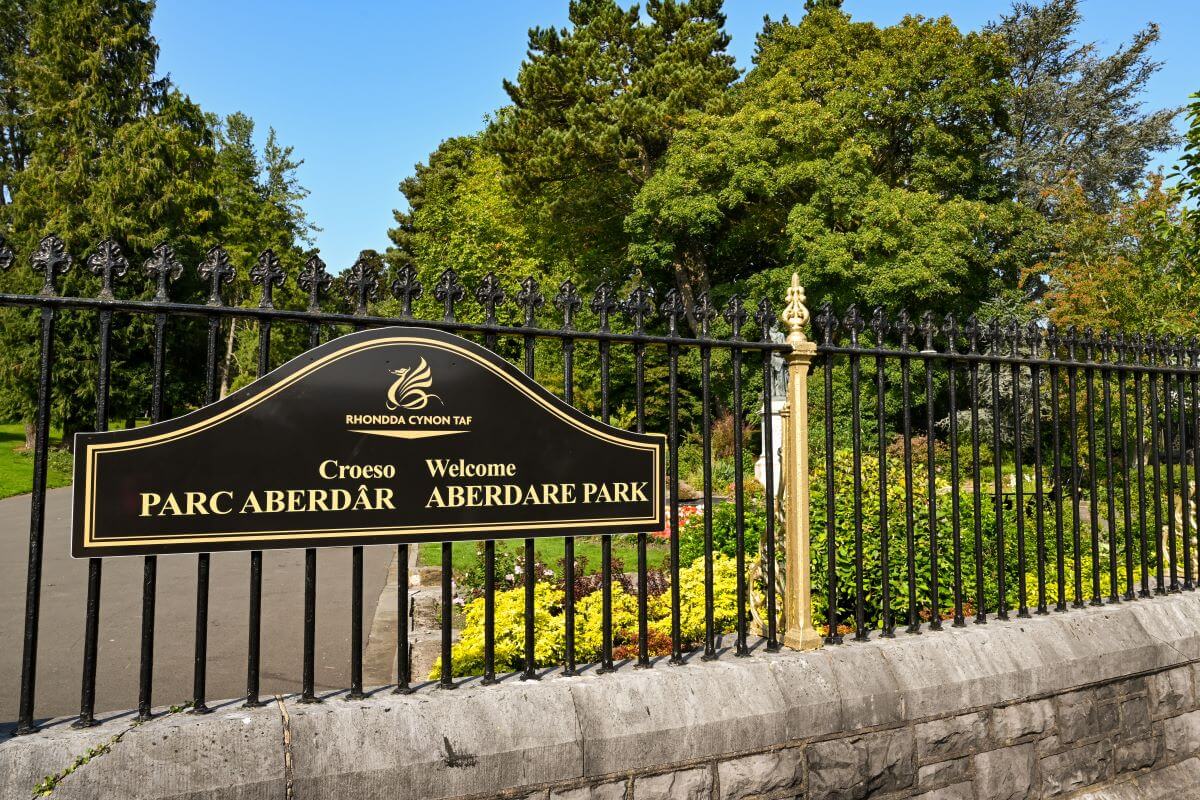
If you are travelling to meet us at our Aberdare office, we have some useful information about the history of Aberdare on this page.
Aberdare is a picturesque town situated in the heart of the beautiful Cynon Valley, South Wales. Whilst relatively small compared to its more imposing neighbours, the town has a rich history spanning centuries. From humble beginnings as a small agricultural settlement to its current position as the main shopping and service hub for people living in and around the Cynon Valley, Aberdare has played an important role in the social, cultural and economic fabric of South Wales.
From humble beginnings…
The first known reference to Aberdare dates back to 1203 when it was mentioned in a monastic charter. At that time, Aberdare was a small hamlet centred around the church of St John the Baptist, thought to have been constructed in around 1200. The settlement consisted of several thatched cottages and a water mill, and the inhabitants’ sole source of employment was agriculture. This remained the case until the mid-18th-early 19th century when the discovery of coal and iron deposits in the Cynon Valley region led to a remarkable transformation.
…to a prosperous, thriving industrial town
As the Industrial Revolution swept Britain, Aberdare’s coal and iron supplies were in high demand and by 1850, there was a worldwide demand for Welsh coal. Several collieries sprang up and Aberdare’s coalfields became a hotbed of activity. The town’s iron and coal production led to Aberdare’s emergence as an important, thriving industrial town.
Workers and families flooded to Aberdare in search of work and a better quality of life. In the early 1800’s, the town’s population was estimated to be around 3,000; by the 1870s, it had soared to almost 40,000. This influx of residents, coupled with the town’s prosperity, gave rise to a burgeoning middle class, bringing with it the erection of elegant buildings and beautiful parks. Aberdare Park was opened in 1869 and remains a popular recreation spot for locals and visitors today.
Emergence of the Transport Network
The town’s extensive goods production necessitated the urgent implementation of a modern transport network to deliver the goods to their eventual destination. The Aberdare canal was opened in 1812, around the same time as the region’s first main road was completed. The canal was later closed due to the impact of the Aberdare Railway, which was officially opened in 1846. The railway was capable of transporting the coal mined in the valleys quickly and easily to the docks in Cardiff and Barry, from where it was subsequently exported around the world.
Beyond the Coal Mines
The decline of the iron and coal mining industries is well documented, and its effects on Aberdare are as stark as on any other region that relied on them so heavily for employment. As with many mining towns, Aberdare had virtually no other industry to support the local economy, so following its decline and eventual collapse, there followed a period of mass unemployment and poverty. Over time, however, the town adapted by embracing new industries such as smokeless fuels and tourism, rebuilding its contribution to the Welsh economy.
Popular Culture
During its golden era, Aberdare was a centre of Welsh culture, with its impressive arts scene earning the town the nickname ‘the Athens of Wales’. It hosted the first National Eisteddfod, a festival celebrating the Welsh language and culture. The festival continues to be held annually, alternating venues between North and South Wales.
Nowadays, the town is home to a popular theatre, The Coliseum, which hosts a varied programme of music, drama, comedy and digital cinema. It also boasts the superb Cynon Valley Museum, which proudly charts the region’s history through a vast collection of artefacts.
Aberdare and the surrounding villages are the birthplaces of numerous renowned musicians and writers, including the celebrated second world war poet Alun Lewis, and members of the Indie band, the Stereophonics.
Aberdare today
The history of Aberdare serves as a testament to the enduring spirit of the town and the resilience of its inhabitants. From a tiny settlement of just a couple of hundred people to an industrial powerhouse playing a central role on the global stage, through the depression caused by the decline of its primary economies to its emergence as the bustling town it is today, Aberdare has overcome challenges and boldly embraced change. Its rich history is a tapestry woven with the hard work, sacrifice and effort of its residents, whose fierce sense of community spirit remains very much alive today.




















